A large retailer has prompted an extensive recall of nearly 300 types of canned coffee products. The Food and Drug Administration (FDA) announced the nationwide recall and listed the affected brands so that customers can return items.
The voluntary recall comes after the manufacturer discovered a potentially fatal type of food poisoning present in the coffee cans.
What Is the Coffee Company?

Several brands and coffee roasters have been affected by the contaminated products. The recall was initiated by Snapchill LLC, based in Green Bay, Wisconsin.
The company works with coffee bean growers to roast and private label products for their items and outside brands.
How Did the Nationwide Recall Happen?
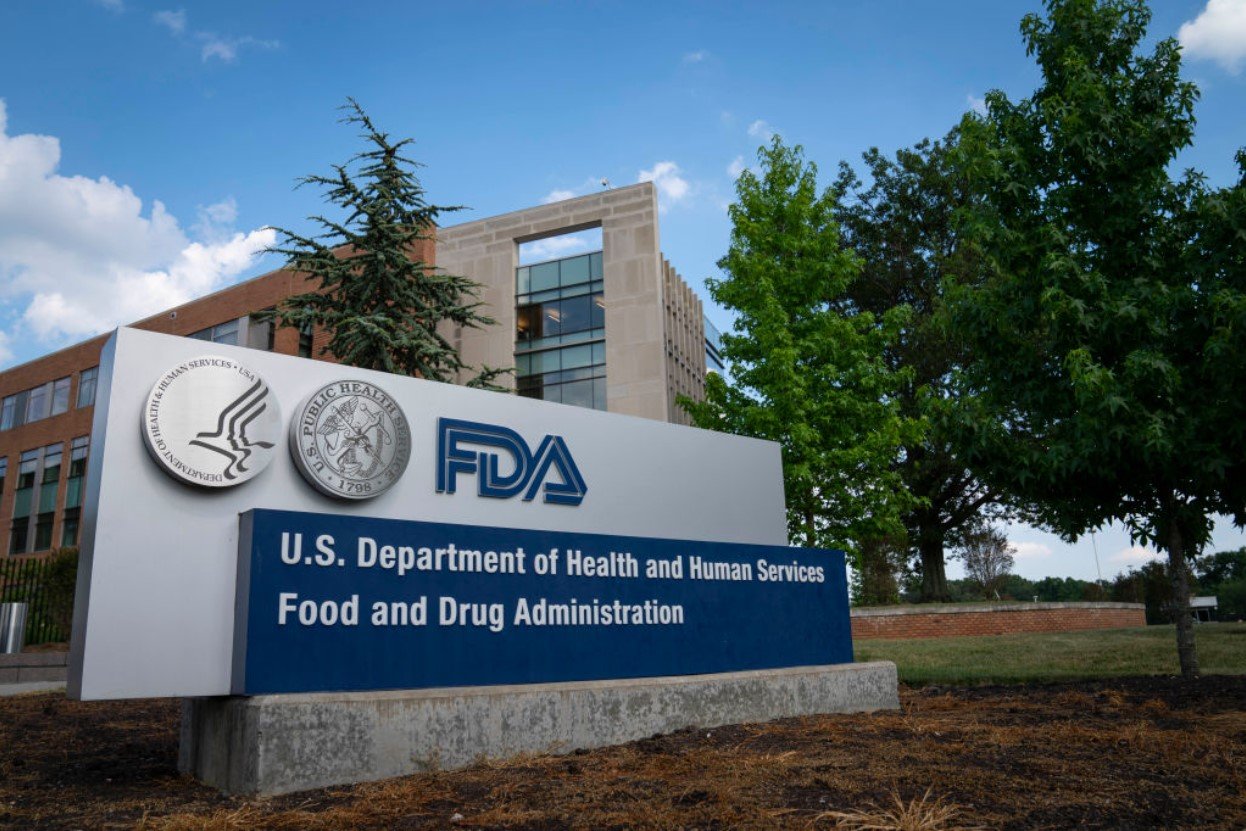
After being distributed to various coffee roasters, retail locations, and direct online sales from Snapchill, they discovered something wrong with the cans in which the coffee comes packaged.
The issue was first noted by the FDA, which notified Snapchill that the low-acid canned food manufacturing process did not meet mandated regulations.
What Is Canned Coffee?
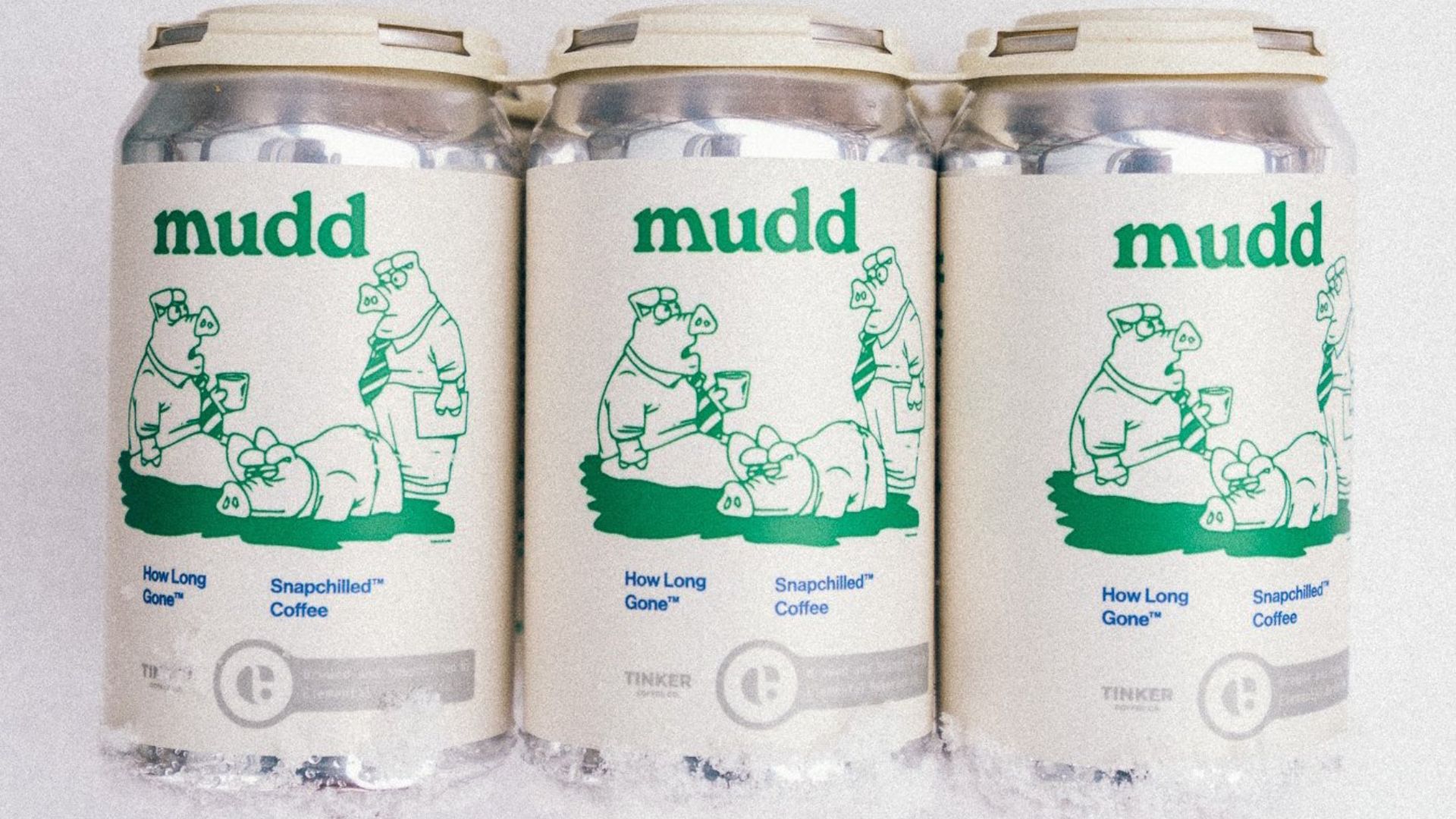
Cold canned coffee is unlike large cans of preground coffee that you might buy at the store.
Instead, the company specializes in making cold brew coffee and selling it in easy-to-drink cans. Cold brew coffee is made by allowing the grinds to sit in cold water for a long period of time. The coffee then results in a stronger and more concentrated taste and caffeine content.
The Recall is Connected to the Risk of Botulism
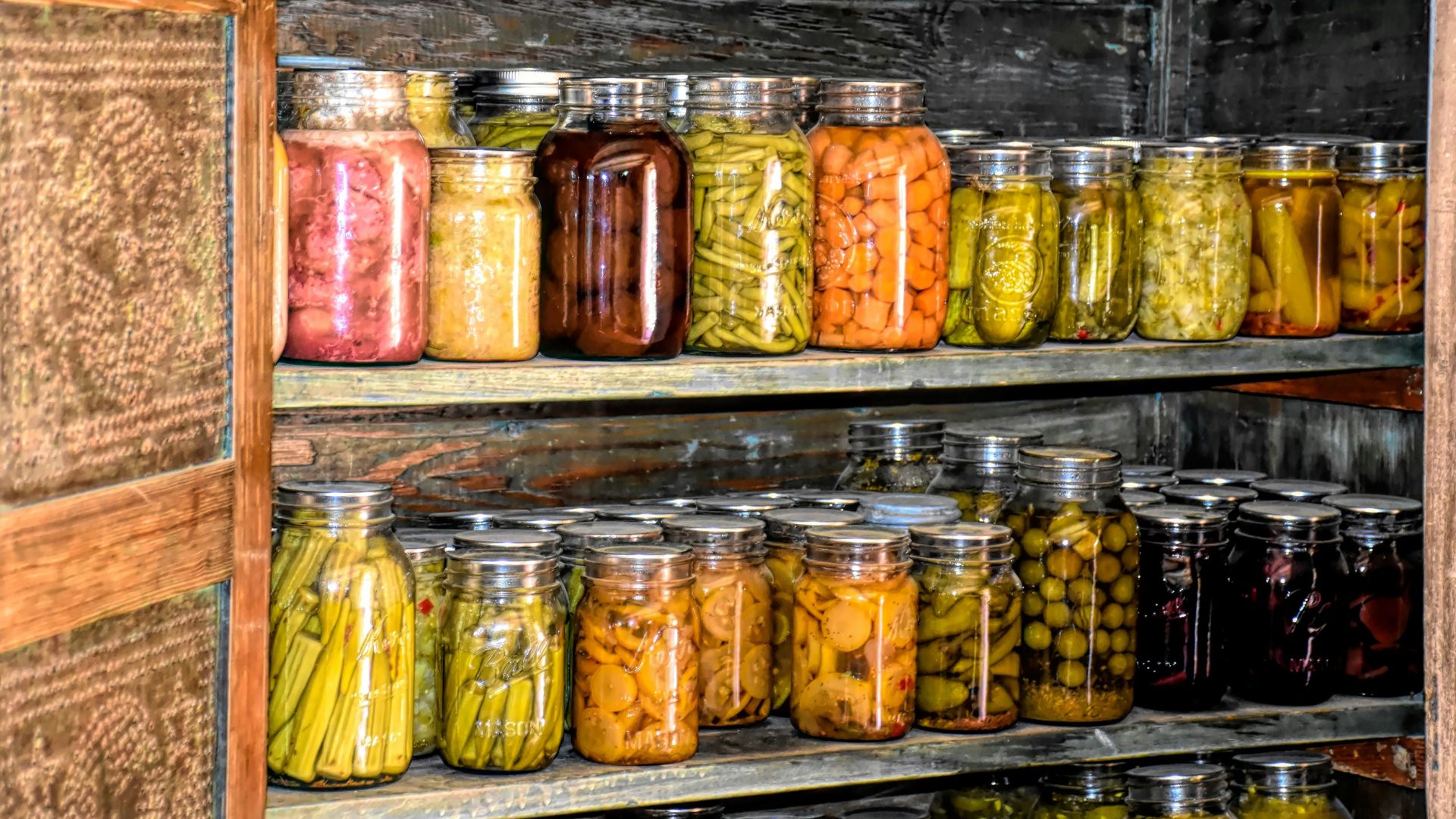
The manufacturing process that Snapchill uses “could lead to the growth and production of the deadly toxin, botulinum toxin, in low acid canned foods.”
Unfortunately, the FDA noticed the mistake before the company was able to correct the process or file the right manufacturing licences.
How Does Botulism Grow?
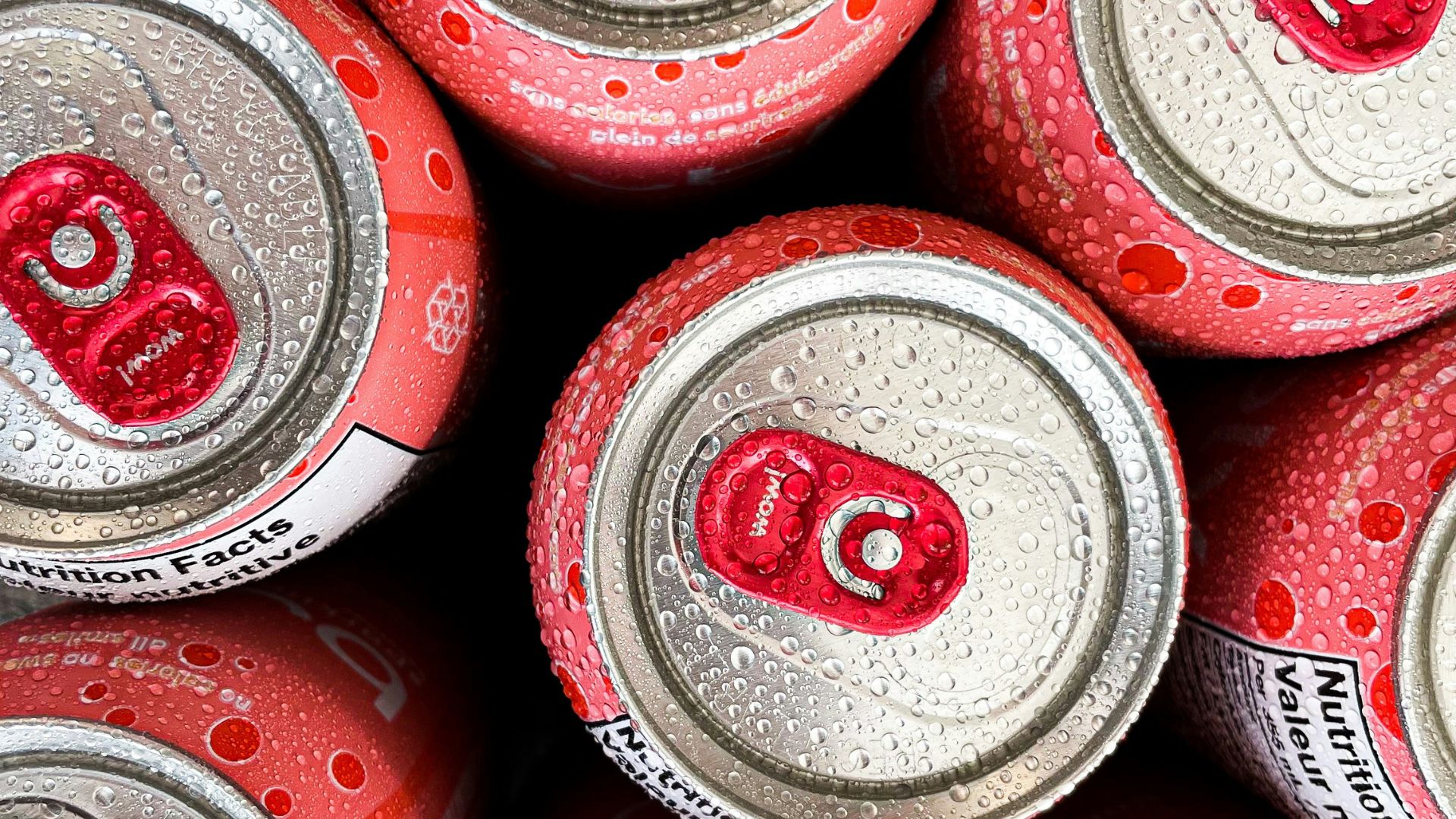
Improperly canned foods can cause Botulism to multiply. Although rare, if someone ingests the bacteria, they can experience symptoms like muscle paralysis, difficulty breathing, and even death.
Although canned food seems sterile, sealing the top is essential to keeping air and debris out that can cause bacteria to grow. This issue is the exact reason why food should be removed from tin cans when opened and placed in a separate food-safe container.
What Are the Symptoms of Botulism?

Symptoms of the illness can range from weakness and dizziness to double vision and trouble speaking or swallowing.
In very rare cases, the most intense symptoms look like abdominal swelling and constipation. The issues can appear anywhere from four hours to eight days after consuming contaminated food.
What To Do If You Suspect Botulism Poisoning?

The FDA recommends contacting medical help for immediate assistance if you suspect that you or someone you know may be experiencing the symptoms of Botulism poisoning. Treating the issue earlier will have better results.
As of now, no serious illnesses have been reported in connection to the canned coffee products. Snapchill also tested the affected items at random and did not find any evidence of the bacteria.
Find What Items Have Been Recalled
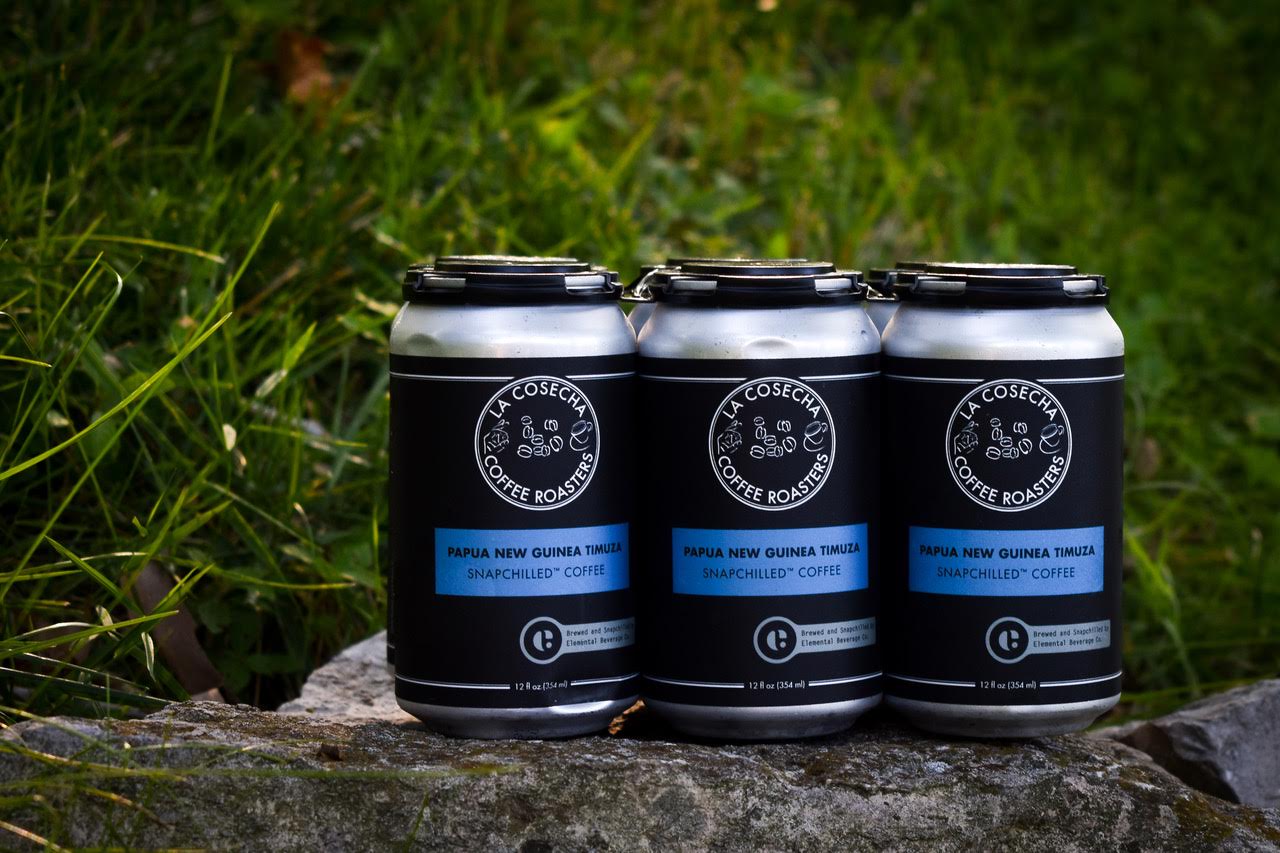
Find the list of recalled products here. It’s important to check your cupboards for the items. Can size range from 7 oz to 12 oz.
Look for phrases like “Produced and distributed by Snapchill LLC” near the nutrition label on any coffee products in your pantry.
What To Do if You Purchased Any of the Affected Products?

If you have purchased any of the affected recalled products, the FDA has noted that consumers should destroy the products or return the item where it was purchased for a full refund.
The company has not introduced anywhere on their website to make a claim yet.
How To Ensure Your Food Is Safe?
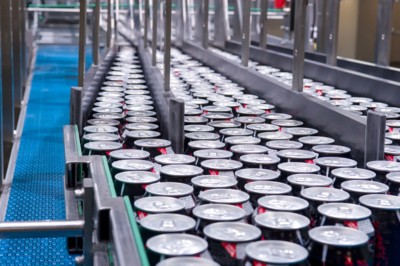
It’s important to stay aware of any food recalls in the news, as some products in the back of your pantry could be affected.
In most cases, the packaging is the issue causing the recall, not the raw ingredients.
Recalls Are Fairly Common
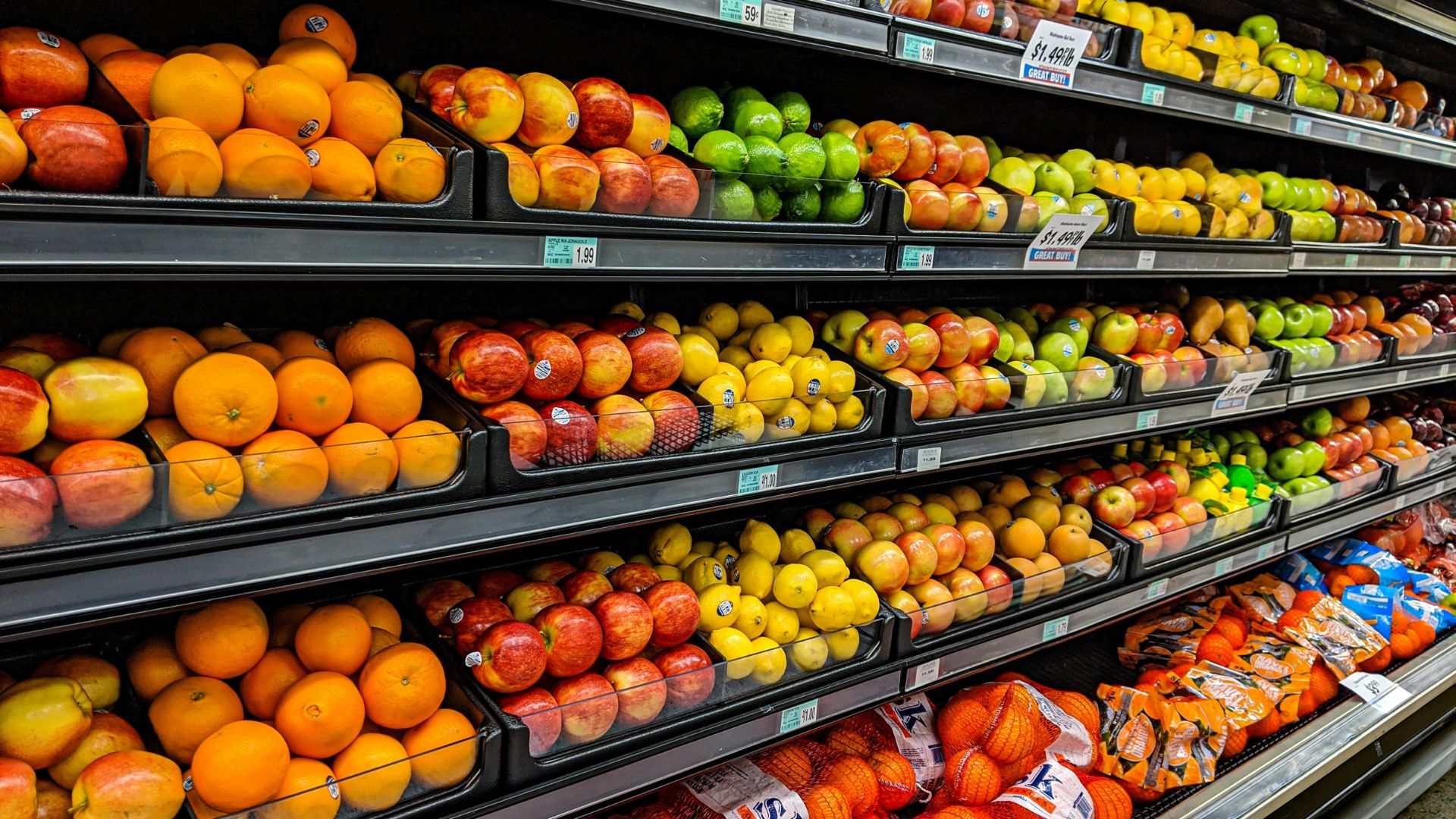
For the most part, pre-packed food is relatively safe from food poisoning and contamination. Most of the FDA recalls occur on fresh vegetables like sprouts and lettuce.
Thankfully, most recalls are sent out quickly and getting sick from contaminated food is relatively rare.








































